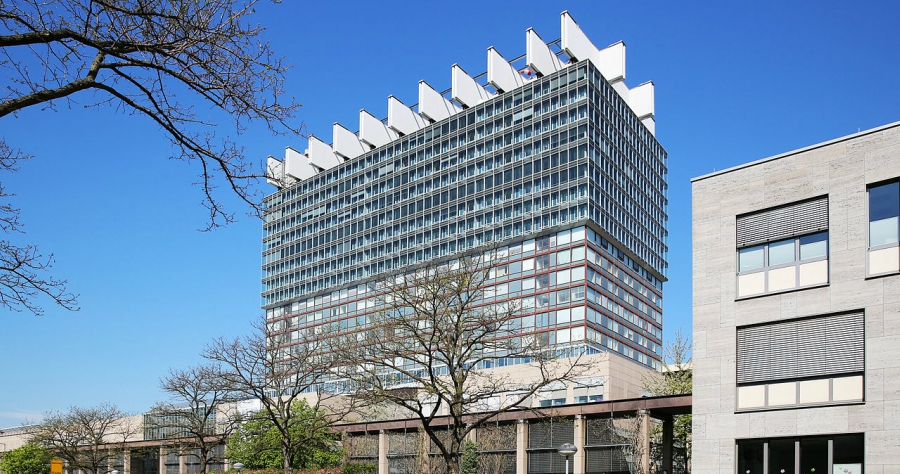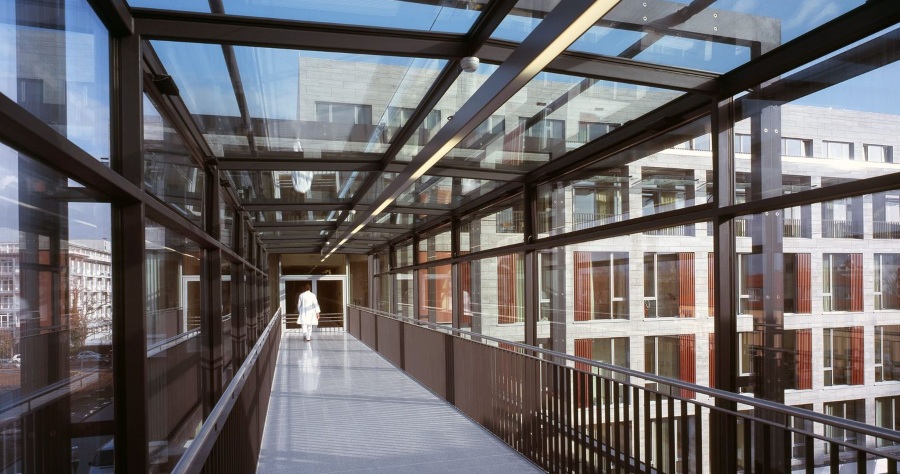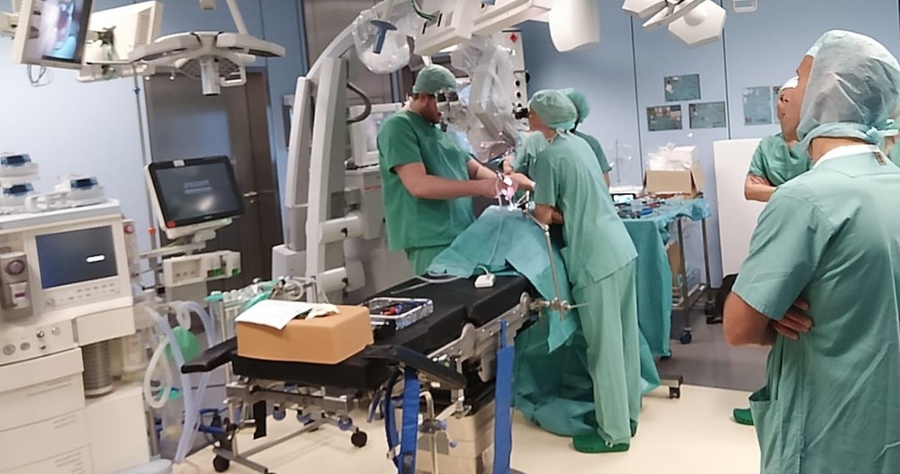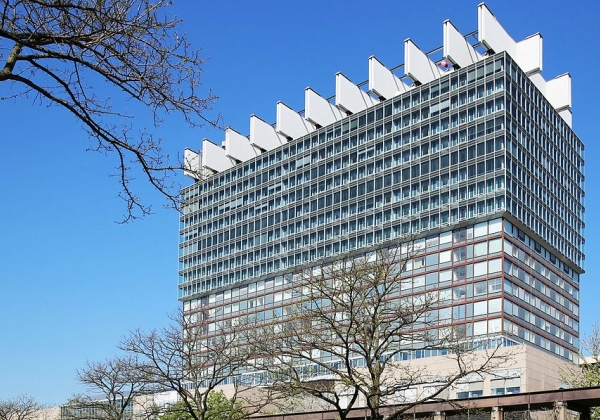University Hospital Cologne
![]() Cologne, Germany
Cologne, Germany
Conservative treatment of acute pancreatitis
- Initial consultation with the doctor
- clinical examination
- gastroenterological examination
- review of medical records
- laboratory tests:
- complete blood count
- biochemical analysis of blood
- serum amylase
- lipase
- liver function test
- electrolytes
- blood urea nitrogen (BUN)
- pancreatic function test
- creatinine
- hormonal analysis
- general urine analysis
- abdominal ultrasonography
- magnetic resonance cholangiopancreatography (MRCP) (if indicated)
- endoscopic retrograde cholangiopancreatography (ERCP) (if indicated)
- biopsy (if indicated)
- computed tomography (CT) guided needle aspiration
- histological and immunological analysis of the fluid
- nursing services
- consultation with gastroenterologist
- consultation with other related specialists
- symptomatic treatment
- cost of medicines
- explanation of an individual treatment plan
- written prescription
Department of Gastroenterology and Hepatology
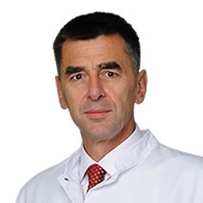
Head of the Department
Prof. Dr. Tobias Goeser
Department of Gastroenterology and Hepatology at University Hospital Cologne provides care for patients of all ages with diseases affecting the digestive tract, liver, and biliary tract. The department has achieved impressive in the treatment of hepatocellular carcinoma as well as...
Read MoreAbout University Hospital Cologne
University Hospital Cologne, established in 1871, is known as a modern tertiary care center with a bed capacity of nearly 1,500 beds where the medical teams treat 370,000 patients every year. The hospital consists of more than 20 specialized departments that have state-of-the-art diagnostics and therapeutics as well as a qualified staff of nearly 11,000 employees as the hospital is one of the largest medical employers in Germany.
The hospital provides medical care for the full range of diseases as it has some specialized centers such as the Center for Integrated Oncology, Center for Rare Diseases, Center for Family Healthy, Head and Neck Tumor Center, and Center for Surgical Pediatrics. There’s also a Palliative Medicine department where modern pain therapy is practiced with care. The research unit in each department aims to enhance diagnostic and therapeutic technology and gain a better understanding of the diseases for early detection and treatment.

